Afro-Peruvian music, or Música negra, is a type of Latin American music first developed in Peru by enslaved black people from West Africa, where it is known as Festejo. The genre is a mix of West African and Spanish music.
Música criolla, creole music or canción criolla is a varied genre of Peruvian music that exhibits influences from European, African and Andean music. The genre's name reflects the coastal culture of Peru, and the local evolution of the term criollo, a word originally denoting high-status people of full Spanish ancestry, into a more socially inclusive element of the nation.
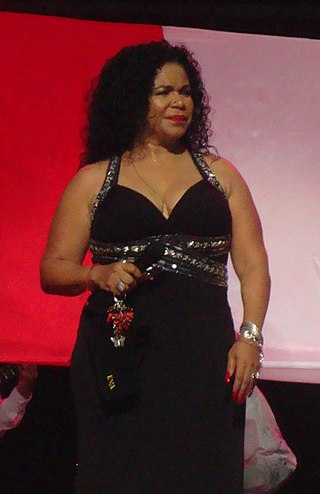
Eva María Angélica Ayllón Urbina, better known by her stage name Eva Ayllón, is a female composer and singer, one of Peru's foremost Afro-Peruvian musicians, and one of the country's most enduring living legends. She held the record for most nominations without a winning the Latin Grammy Award for Best Folk Album. In 2019, she received the Latin Grammy Lifetime Achievement Award.

Susana Esther Baca de la Colina is a prominent Peruvian singer-songwriter, school teacher, folklorist, ethnomusicologist and three-time Latin Grammy Award winner. She has been a key figure in the revival of Afro-Peruvian music.
"Toro Mata" is one of the most famous Afro-Peruvian songs in Peru, which has been recorded and developed by many different musical artists throughout its history. "Toro Mata" is a type of Peruvian music initially developed by enslaved black people in Cañete and Chincha.
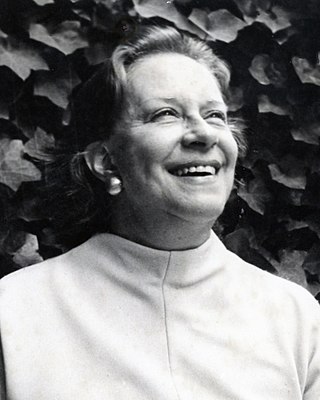
María Isabel Granda Larco, better known as Chabuca Granda, was a Peruvian singer and composer. She created and interpreted a vast number of Criollo waltzes with Afro-Peruvian rhythms.
Cecilia Bracamonte Chocano is a Peruvian singer. Her music genre is mainly Peruvian waltz which is the music heard in the main coastal cities. Her singing career spans more than four decades.
César Calvo Soriano was a Peruvian poet, journalist, and author. Calvo was part of the "Generación del Sesenta", a group of prominent Peruvian poets that came of age in the 1960s. Considered an important voice in the literature of Peru and the Amazon basin, his work has been celebrated in Latin America and a novel translated into Italian and English.
"La flor de la canela", commonly translated to the English language as "The Cinnamon Flower", is a Creole waltz composed by the Peruvian singer-songwriter Chabuca Granda.
Cecilia Augusta Barraza Hora is a popular Peruvian singer of música criolla.

Clara Lucila Campos Marcial was a Peruvian singer known as "la Morena Espectáculo" and "Reina de las Polladas".
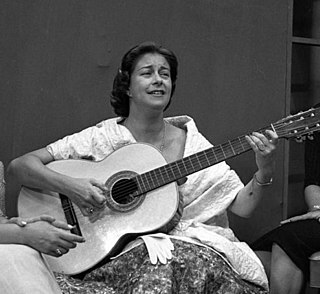
"Fina estampa" is a song written in 1956 by the Peruvian singer-songwriter, Chabuca Granda. The song is a Peruvian waltz in the "música criolla" style.
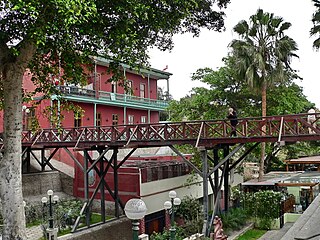
"El puente de los suspiros" is a song written and performed by Chabuca Granda. The song is a Peruvian waltz in the "música criolla" style.
"Cardo o ceniza" is a song written and performed by Chabuca Granda. It was written in 1973 and tells of the passionate desire and shame felt by Chilean singer-songwriter Violeta Parra after being rejected by her lover, Gilbert Favre.

"Lima de veras" is a song written in 1948 by Chabuca Granda. The song is a Peruvian waltz in the "música criolla" style. It was Granda's first published song and is regarded as one of her most important works.
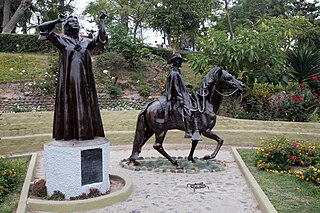
"José Antonio", sometimes also known as "Caballo de paso", is a song written and performed by Chabuca Granda. The song is in the tondero style. It was a tribute to friend of Granda's father and horse breeder who helped save the Peruvian Paso horse.

La Morena de Oro del Perú was the debut album of the Peruvian singer Lucha Reyes. It was released at the end of 1970 on the FTA label (FLPS-86). The album was produced by Viñico Tafur.
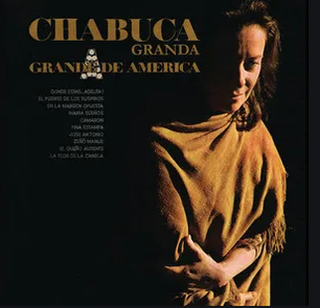
Grande De América is a studio album by Chabuca Granda released on the RCA Victor label in 1973.

Dialogando is a studio album by Peruvian singer and composer Chabuca Granda and Peruvian guitarist Óscar Avilés. The album was released in 1967 on the Iempsa label.

The Alameda Chabuca Granda is a large promenade of the city of Lima adjacent to the Government Palace and on the banks of the Rímac River. It has three amphitheatres and stages for varieties and Música criolla.
This page is based on this
Wikipedia article Text is available under the
CC BY-SA 4.0 license; additional terms may apply.
Images, videos and audio are available under their respective licenses.












